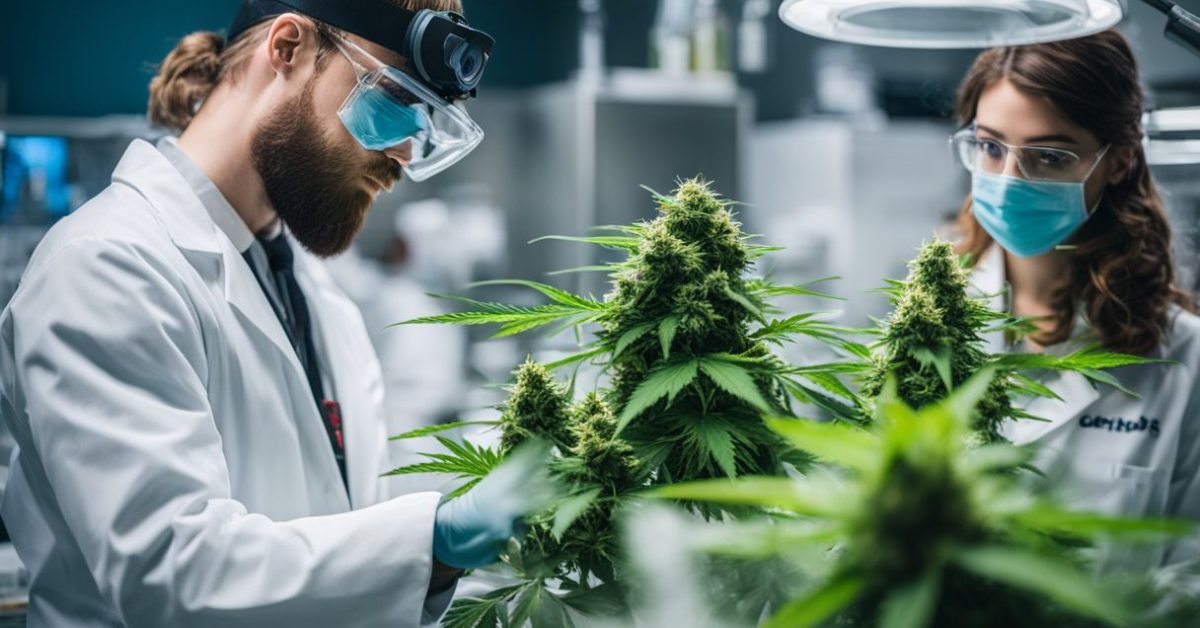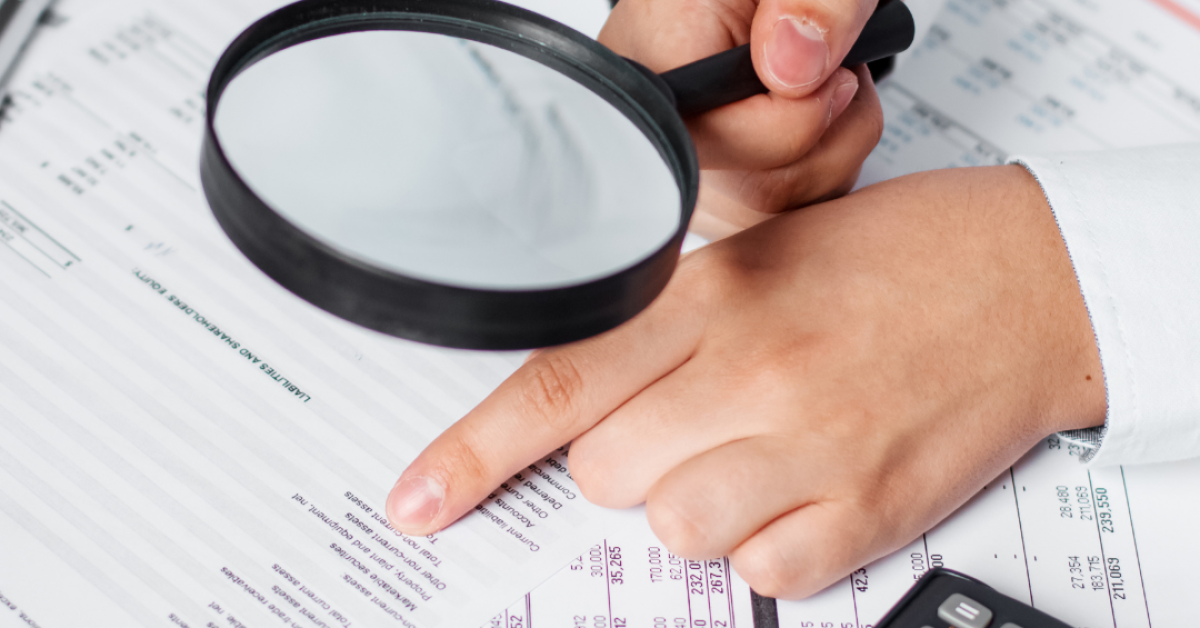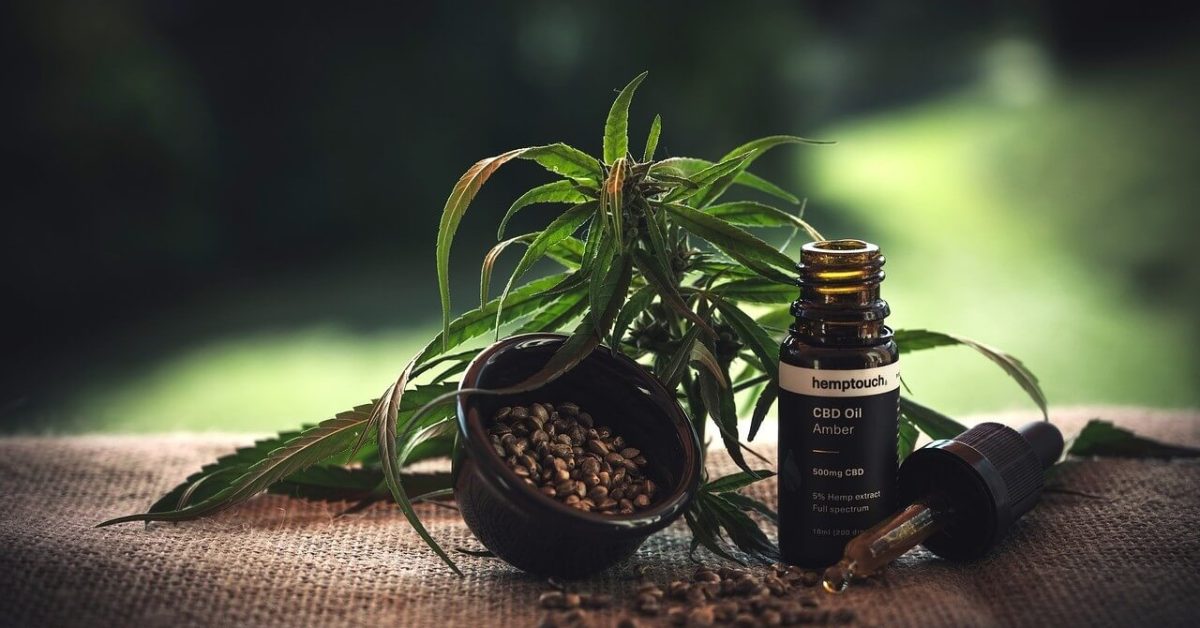Clients are able to receive a free 30-minute consultation with a company representative to get a better understanding of what they need.
Let Us Do the hard work for you

The cannabis market in the United States has expanded rapidly over the past decade. As more states open up to medical and recreational cannabis use, entrepreneurs and established companies are looking to enter this regulated space. However, one of the first steps is understanding what a cannabis license is and how to secure it legally.
This guide explains the purpose of a cannabis license in the USA, outlines the main license types, and provides a clear process for getting one plus insights on how MFLRC can help.
A cannabis license is an official permit from a state authority allowing a person or business to grow, process, distribute, sell, test, or research cannabis products under strict guidelines. Because cannabis is still illegal at the federal level, each state sets its own rules and issues its own licenses.
As a result, anyone entering the cannabis industry must follow both state and local rules carefully to avoid legal issues, fines, or business shutdowns.
The cannabis industry includes various activities, and each usually requires a separate license. Below are the most common types:
This license allows businesses to grow cannabis plants for commercial use. States may separate licenses into tiers based on the size of the operation or whether growing is done indoors, outdoors, or in greenhouses.
This license is for companies that make cannabis products such as oils, edibles, concentrates, or tinctures. Facilities must meet strict health and safety standards.
A distribution license lets companies transport cannabis products between growers, manufacturers, retailers, or testing labs. These licenses often require detailed tracking and secure transport measures.
This license allows businesses to sell cannabis products directly to customers. Retail stores must verify buyers’ ages, comply with purchase limits, and sell only approved, tested products.
Independent labs use this license to test cannabis products for potency and safety. Testing includes checking for pesticides, mold, heavy metals, and accurate cannabinoid content.
Research licenses are issued to universities or private companies conducting studies on cannabis plants, effects, or medical applications. This license protects researchers legally while handling cannabis.
There is no universal cannabis license that covers the entire USA. Each state that legalizes cannabis sets its own licensing rules, application processes, and oversight agencies.
For example, California’s Department of Cannabis Control runs a detailed licensing program. Other states like Colorado, Oregon, or New York each have their own regulations and licensing systems.
Cities and counties can also pass local laws that add extra rules or restrict where cannabis businesses can operate. Local zoning rules often decide how close a cannabis business can be to schools, parks, or residential areas. Not following local rules can lead to denied applications or forced closures.

Although specific requirements differ by state, many licensing authorities ask for similar information. A typical cannabis license application often requires:
Use this quick checklist when preparing to apply for a cannabis license:
Proper preparation can prevent costly delays and rejections.
Applying for a cannabis license can feel complicated, but breaking it down step by step makes it easier to manage.
Learn what license you need, how many licenses are available, deadlines, application fees, and any local rules that apply to your chosen area.
Regulators expect to see a plan that covers daily operations, staffing, finances, security, inventory control, and how you will follow the law.
Most states require you to have an address before applying. Make sure the location follows all local zoning rules and is not too close to restricted areas like schools.
Gather every document the application asks for financial statements, lease or property documents, security and operations plans, ownership information, and any local permits.
Fees can range from a few thousand to several hundred thousand dollars, depending on the state and license type. Make sure everything is complete before submitting to avoid rejection.
Authorities may want to inspect your planned site or interview you and your team to confirm you understand regulations and security protocols.
After you receive a license, follow all rules for reporting, testing, and renewals. Missing deadlines or failing to keep proper records can result in fines or losing the license.

Businesses often underestimate the work and investment required for a cannabis license. Some of the biggest challenges include:
Strict compliance: Businesses must track products from seed to sale, pass regular inspections, and keep accurate records.
Obtaining and keeping a cannabis license requires experience and attention to detail. MFLRC specializes in guiding cannabis businesses through licensing, compliance, and quality assurance.
Our team can help with:
With MFLRC’s help, businesses can focus on daily operations while staying in good standing with regulators.
Securing a cannabis license in the USA is not simple, but with careful planning and the right guidance, it is possible to build a legal, compliant, and trusted business. Knowing what license you need, preparing accurate documents, and staying up to date with rules are all vital steps.
MFLRC is ready to help you plan, apply, and manage compliance so your cannabis business can succeed with confidence.

MFLRC is a one-stop shop for all of your Licensing, quality assurance and compliance needs. Our team has years of experience in the cannabis industry and are experts in all facets. We offer a variety of services that will save you time and money. Let us take the burden off your shoulders so you can focus on what’s important – growing your business.
Contact us Now!
Mussarat Fatima, President, and owner of MF Cannabis License and Regulatory Consultants has more than twenty years of experience in Quality Assurance, Quality Control, and Regulatory Affairs within the pharmaceutical, Food and Cannabis industries. She has a Master’s Degree in Food Sciences and Biochemistry; in addition to this, she also has a diploma in pharmaceutical Quality Assurance, Regulatory Affairs, and Quality Control. Also, she has completed several certifications specifically in Cannabis Quality Assurance, Regulatory Affairs, and Facility management from recognized institutes in Canada.

Written By: Mussarat Fatima
President at MF License & Regulatory Consultants
Website: https://mflrc.com/
Contact: info@mflrc.com